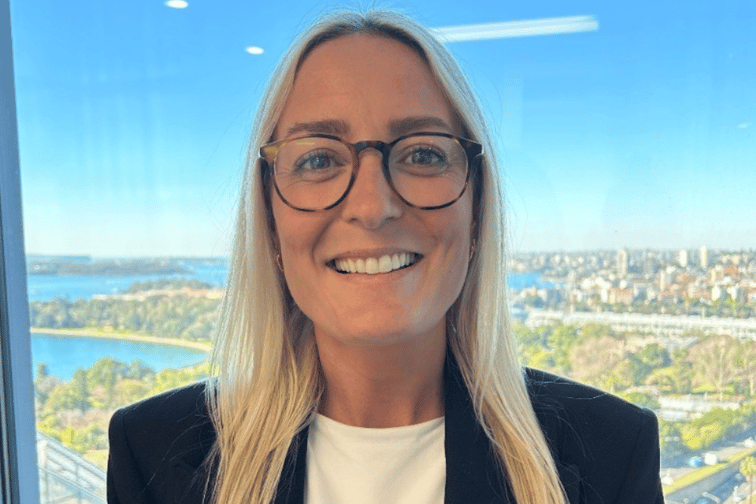

Employee centricity and retention are key for employers in the mortgage industry to navigate the post-pandemic skills shortage, according to global recruitment agency Hays.
Fiona Russell (pictured above), Hays senior manager - banking, insurance, and financial services, said if market growth continued, the mortgage broker industry would become more attractive to top talent.
“Top performers with developed networks will remain in high demand, pushing up salaries further,” Russell said. “The emphasis on client-centricity, service and quality advice will remain paramount as customers lean on brokers to help them through challenging times.”
Post-pandemic shifts in the recruitment landscape have reflected the intensity of the current skills shortage, which is entrenched both globally and locally.
Here in Australia, the unemployment rate remains low by historical standards and almost 90% of employers are experiencing a skills shortage, according to the recent Hays Salary Guide.
Russell said it is expected to continue to impact the operations and growth plans of organisations for “years to come.”
According to those surveyed, productivity, increased workloads for existing staff and project delivery will also be affected.
As a result, Russell said the focus had shifted from an employer-centric to candidate-centric approach.
“We’re seeing a greater focus on candidate attraction and retention. To attract skills today, employers are taking the time to really understand and offer what the top talent is looking for,” Russell said.
Candidates are prioritising continued flexibility and hybrid working, a competitive salary, wellbeing, work-life balance, learning and development, upskilling and career progression, Hays research has found.
“Employers are also remodelling their employee value proposition around values and purpose, considering transferable skills and using temporary and contract staff to bridge gaps while a permanent team member is sourced,” Russell said.
The adoption of remote work and virtual interviews has also enabled employers to cast a wider net when attracting talent.
Russell said with the flexibility to offer remote or hybrid work, employers could tap into a global talent pool.
“We’re also seeing an increase in passive candidate engagement for entry to mid-level roles, not solely at the executive level,” she said.
“Instead of relying on active jobseekers, hiring managers and recruiters now focus on identifying and building relationships with professionals who are not actively looking for new opportunities. This creates a future pipeline of potential talent to tap into when a relevant opportunity arises.”
However, attraction is only one part of the equation. Of the professionals surveyed in the Hays Salary Guide, less than half (45%) unquestionably intend to remain with their current employer beyond FY23/24.
Of the rest, 37% are unsure and are passively keeping an eye on opportunities, while the remainder are actively looking.
“There’s clearly a pressing need for employers to focus on retention. Many professionals in this industry already feel underpaid or undervalued for the work they perform,” Russell said.
With mortgage brokers called upon to provide higher quality and more personalised service to clients, Russell said those who excel in understanding individual client needs and who can tailor mortgage solutions accordingly will only continue to increase their expectations for a competitive salary and benefits package.
“To retain top talent, employees are therefore now prioritising a competitive salary, flexible working and work-life balance,” said Russell.
“We see this last point clearly in the benefits they now value and want, which include over 20 days of annual leave, wellbeing leave, and mental and physical health and wellbeing programs.”
“Ongoing learning and development, upskilling and career progression are also important to professionals.”
As the mortgage broker industry continues to evolve and grow, the synergy between attracting and retaining talent will surely prove pivotal in shaping the future of the profession in Australia.
“The industry's commitment to meeting the evolving needs of both clients and professionals will play a central role in ensuring sustained success,” Russell said.
What employee retention and attraction strategies do you use? Comment below.
